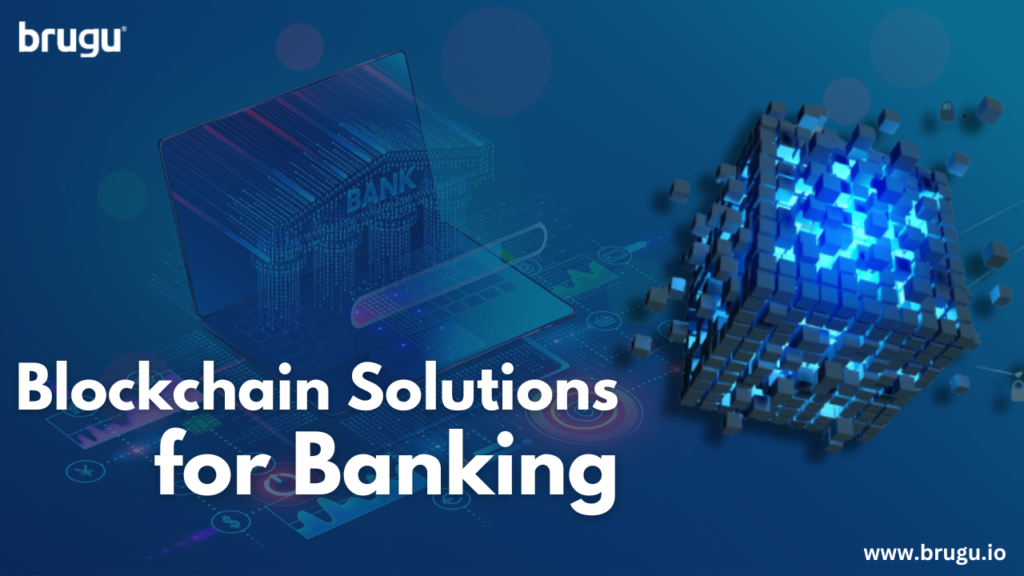
The role of banks as intermediaries of various economic and financial operations, such as lending, trading, transaction processing, and payments, has existed for centuries. However, the sector has been stagnant due to its length, making it difficult to introduce changes. Thus, one of the leading Blockchain Development Services Company can help Banking Sector to regain its solidity from all the deviations that cause hazards.
5 Reasons Why Banks Are Adopting Blockchain Technology
The blockchain is a distributed ledger that securely records transactions between parties without the need for a central authority. It was invented by Satoshi Nakamoto in 2008 and has been used by many companies since then.
Here’s why?
Banks are using blockchain technology to streamline processes and reduce costs. They’re also looking for ways to use it to provide better customer service.
Blockchain is a distributed ledger system that allows users to transfer digital assets, such as currency or other data, across networks without the need for intermediaries. Essentially, it’s a decentralized database that records transactions between two parties.
Blockchain has been around since 2008, but it wasn’t until 2016 that banks began adopting it. That year, JPMorgan Chase announced plans to create a private version of the blockchain called Quorum. Since then, many other financial institutions have followed suit. Bank of America, for example, is working on a blockchain platform called Blythe to help companies manage supply chains. And Wells Fargo is developing a blockchain network called OneCode that will allow customers to access their accounts from anywhere.
You Can Reduce Costs by Eliminating Paperwork.
One of the biggest benefits of blockchain technology is its ability to eliminate paperwork. Banks aren’t the only ones benefiting from these savings; other industries are beginning to adopt the technology as well. For example, the U.S. Department of Agriculture is testing blockchain technology to monitor food safety.
They Can Increase Security by Ensuring Data Integrity
Another advantage of blockchain technology is that it allows data to be shared without having to trust each other. This means there’s less room for fraud and identity theft.
The technology behind blockchain has been around since 2008, but it wasn’t until 2016 that banks started adopting it. In fact, some banks are already using it to protect customer data. Bank of America, for example, uses blockchain to ensure that its customers’ financial transactions are secure.
They Can Provide More Transparency by Making Transactions Easier to Verify.
Banks can not only provide more transparency, but also save money by reducing the number of transactions that need to be verified. With blockchain technology, every transaction is recorded in a distributed ledger, so no one has to review them individually. Instead, only the bank needs to verify the entire chain of transactions.
The idea behind blockchain technology is simple: instead of verifying each transaction individually, the bank verifies the entire chain of transactions at once. For example, if Alice wants to send Bob $100, she would first deposit her own money into her account. Next, she would transfer the amount from her account to Bob’s account. Finally, she would withdraw the same amount again. If Alice were to use a normal banking system, she would have to perform each step individually. However, with blockchain technology, the bank verifies that the entire transaction chain has been completed successfully before allowing Alice to withdraw her money.
What are the different blockchain use cases in banking?
Numerous processes in the banking industry employ blockchain technology uses that decentralize the industry
- Transferring Payments
- Clearance & Settlements
- Credits & Loans
- Financial Tradings
- Auditing of Accounts
- Fraud Prevention
However, a bank will need to work with one of the leading blockchain development services
if they want to make a name for themselves in the emerging field of blockchain in banking a service provider who is most knowledgeable about the complex strategy for integrating new technology in the banking industry. We can assist. Contact our blockchain professionals today.

 Speak to expert
Speak to expert
Comments are closed.